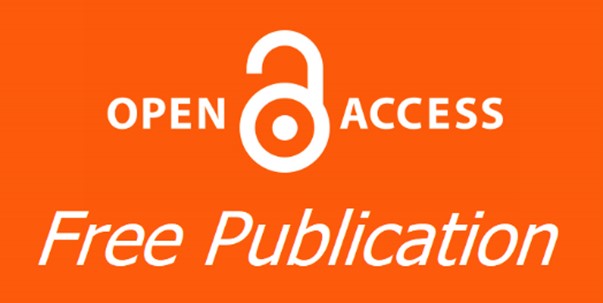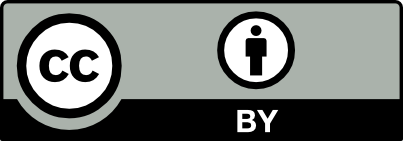Document Type
Original Study
Abstract
Purpose : To determine the effect of Inherited Cleft Lip and Palate Management on microbial migration in forked lip and palate (CLP) children. Material and methods: Fifteen forked lip and palate children and fifteen standard children (the control group), aged 3 months to 36 months were selected from the out clinic of Faculty of Dental Medicine, Al-Azhar University for Girls. Dribble samples were collected after the breakfast by inserting sterile cotton gauze in the entry from the jaws before and after construction of obturator. Results: The highest (mean±SD) value of log bacterial count (CFU/μl) was found in the cleft patients pre-operatively (5.64±1.06), while post-operatively there was a significant reduction in value (0.60±0.06) (P<0.001). The (mean±SD) value of the log bacterial count (CFU/μl) in the control group (0.59±0.04) was significantly lower than that of the cleft patients pre-operatively (P<0.001), while post-operatively there was no significant difference (P=0.834). The differences were statistically signifi cant for the bacterial count between pre and postoperative periods in children with cleft lip and palate as tested by analysis of variance. Conclusions: Normal children had lower microbial colonization compared with Fissure lip and palate patients, and using obturators decreased the bacterial colony count following treatment of the fissure lip and palate children. Conclusion, Cleft lip and palate patients had more colonization compared with normal children, and the colony count decreased signifi cantly following treatment of the cleft lip and palate children using obturators.
Keywords
Fissure Lip and Palate; bacterial colonization
How to Cite This Article
Saleh, Wafik; Hassan, Mohammed; and Abd El Ghany, Mostafa
(2020)
"Effect of Congenital Cleft Lip and Palate Treatment on Bacterial Colonization in Children,"
Al-Azhar Journal of Dentistry: Vol. 7:
Iss.
3, Article 6.
DOI: https://doi.org/10.21608/adjg.2020.12951.1146
Subject Area
Pediatric dentistry and orthodontics Issue (Pediatric Dentistry, Orthodontics)








